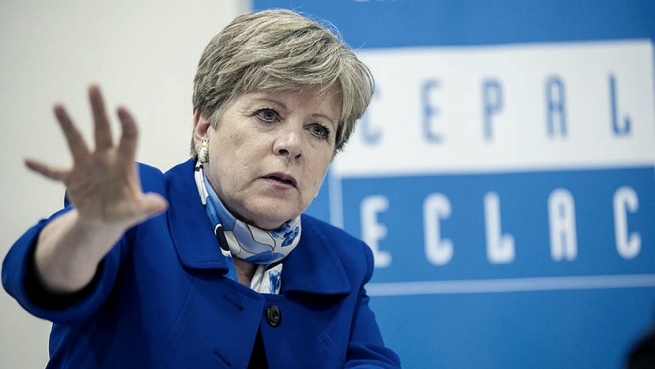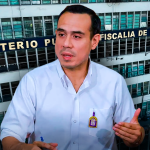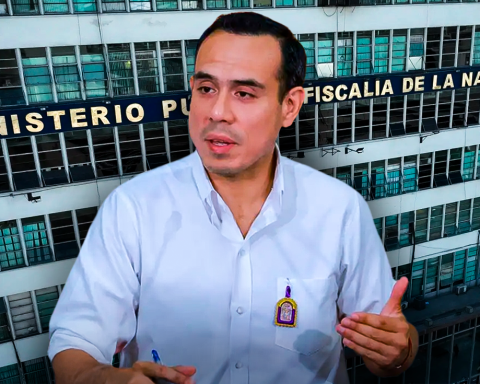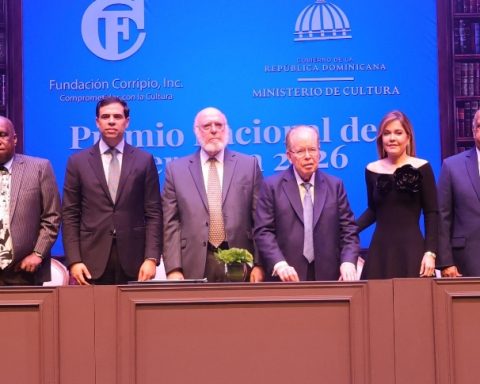The executive secretary of the Economic Commission for Latin America and the Caribbean (ECLAC), Alicia Barcenahighlighted this Friday “what new” of the new agreement between Argentina and the International Monetary Fund (IMF) since, “as has rarely been seen”, it will allow the Government to “deploy its own development model”.
In a statement, the head of Cepal pointed out that the new understanding implies “a novel conceptual framework for this type of operations”both from an institutional and socioeconomic perspective.
Institutionally, Bárcena highlighted the importance that the law has been discussed and sanctioned by the National Congresssince “it reflects a broad political and social support that is fundamental in negotiations of this magnitude” that exceed a period of government.
From the socioeconomic point of view, the Chilean economist ruled that “the new program does not include structural reforms (for example, of the pension system or labor institutions) that are usually part of the commitments that countries assume in exchange for this type of of financing”.
“The transforming efforts will be concentrated, as can be glimpsed in the agreement and in the declarations of the authorities, in solve the problems of the Argentine productive structure that historically determined a strong external restriction to the country’s growth, which usually manifests itself in recurring crises in its balance of payments”, stressed Barcena.
For the highest authority of the agency dependent on the UN, the new agreement “raises the probability that Argentina will continue the economic recovery that has been going through the last yearafter the fall suffered during the Covid-19 pandemic”.
Finally, the specialist said that the experience of Argentina represents “a milestone” for the region, because “it shows the importance of introducing changes in the international financial architecture that favor middle-income countries.”

















